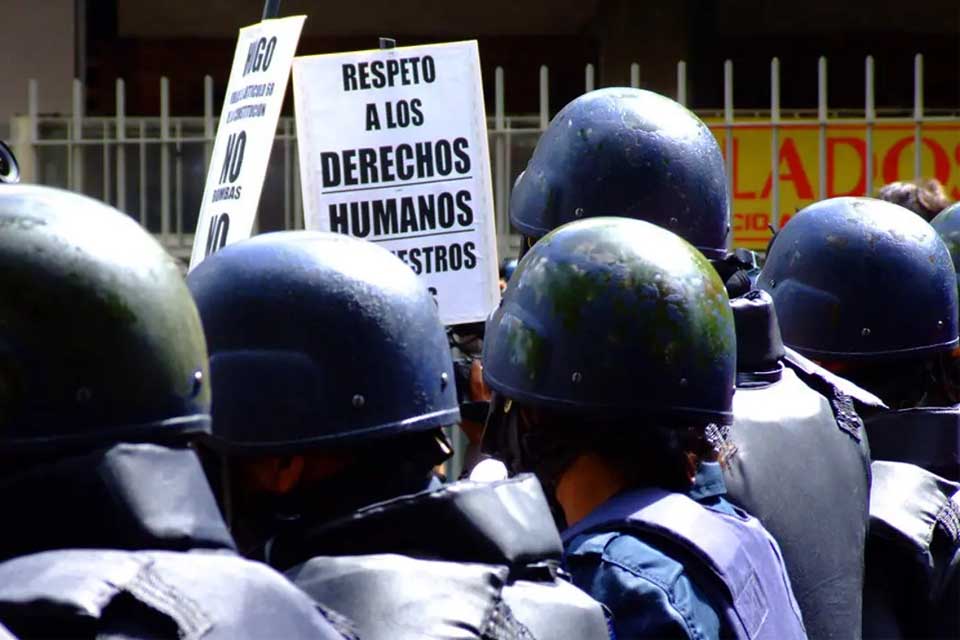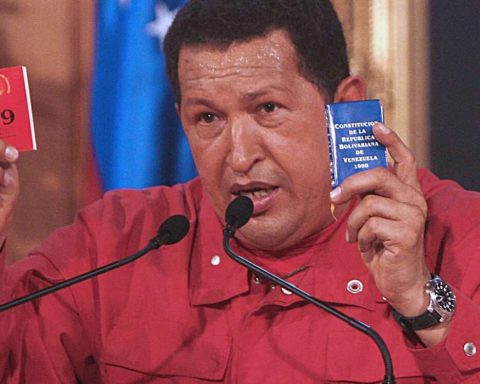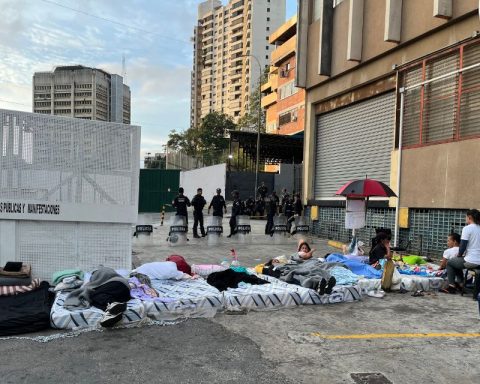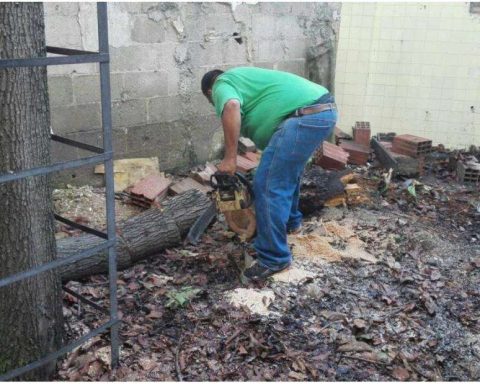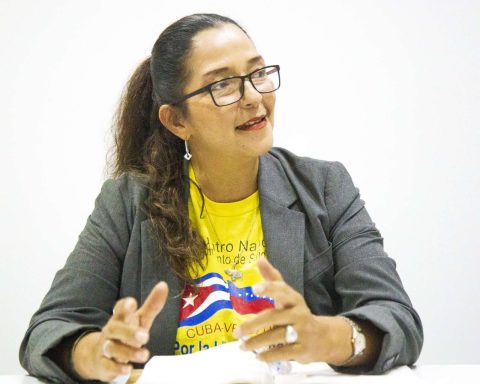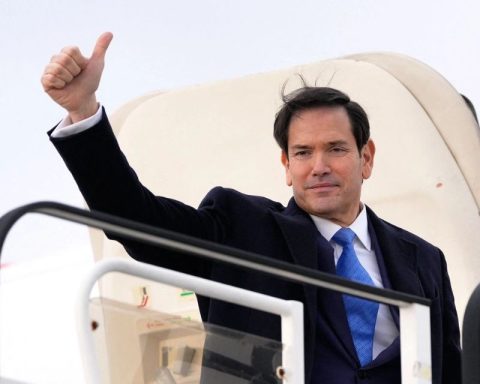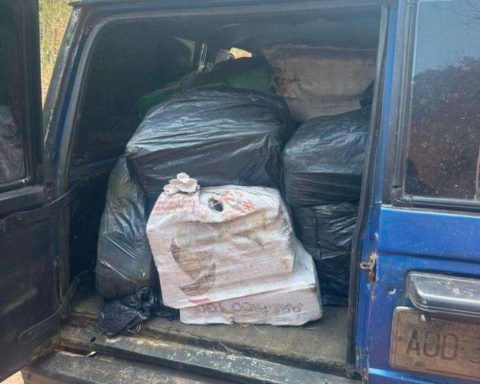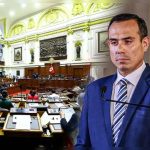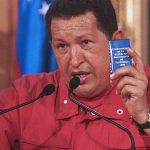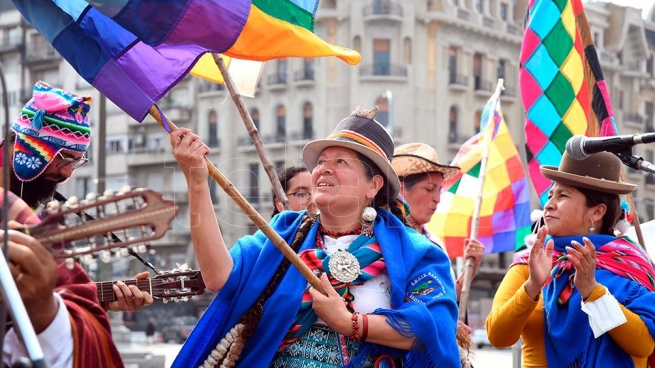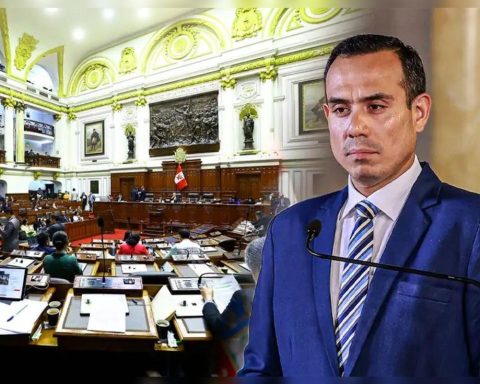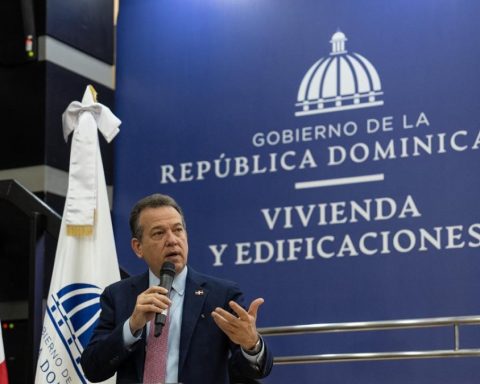Venezuela did not obtain the necessary votes to be re-elected within the United Nations Human Rights Council. On the nation there are two UN bodies responsible for investigating serious human rights violations: the Office of the High Commissioner and the Fact Finding Mission
On Tuesday, October 11, the vote was held to elect 14 new members of the United Nations Human Rights Council. With 88 votes out of the 97 needed, Venezuela saw its re-election options vanish until 2025.
His departure was applauded by various NGOs that describe this fact as a new “diplomatic setback” for the administration of Nicolás Maduro, whom they point directly to committing serious violations, which could even be considered crimes against humanity.
The Maduro administration does not participate in or abide by decisions of regional human rights organizations such as the Inter-American Commission (IACHR) or the Inter-American Court (IACHR Court). Both mechanisms were abandoned in 2013 by decision of former President Hugo Chávez, while in 2017 Nicolás Maduro formalized his departure from the Organization of American States (OAS).
So, is Venezuela left without international supervision?
The answer is no. Two direct mandates from the United Nations weigh on Venezuela: the work of the Office of the UN High Commissioner for Human Rights, as well as an International Fact-Finding Mission. Both were approved in 2019.
In addition, there are various special mechanisms and working groups, auxiliary and independent bodies of the Council that investigate specific situations in relation to torture, forced disappearances, the situation of human rights defenders, arbitrary detentions, among others.
In the case of the Office of the High Commissioner, in charge of Volker Turkthe work is focused on the delivery of reports —both oral and written— on the human rights situation in the country and the review of the recommendations applied by the Venezuelan State since then.
In 2019, after the visit of the then High Commissioner Michelle Bachelet, a memorandum of understanding was also signed that allowed the installation of an office in the country; as well as access to detention centers, to detainees, and the training of organizations such as the Public Ministry or the Ombudsman’s Office on human rights issues. Every year there is a review of it.
Michelle Bachelet as High Commissioner visited Venezuela in 2019. With the Maduro administration she signed a memorandum of understanding
Ali Danielsexpert in constitutional law and director of Access to Justice, recalls that the Maduro government has supported its “efforts” in the area of human rights through collaboration with the Office of the High Commissioner. Even this was one of the reasons given for not accepting the installation of the Determination Mission.
For this reason, he emphasizes that the departure of the Council “should not” hinder the work of this instance. Despite this, he points out that there is a latent threat made by the ambassador Hector Constant behind the mission renewal.
“We warn from now on that Venezuela will take the pertinent political and diplomatic measures in the bilateral and multilateral sphere in the face of a possible extension of the mandate of this interventionist mechanism,” Constant said on September 26.
Maduro’s government threatens to take “political and diplomatic” measures against the States that support the eventual renewal of the mandate of the UN Mission, which is voted on next week in the UN Human Rights Council.
Abusing the vote of States on human rights issues.#QueFollowTheMission pic.twitter.com/fainAplez4
— PROVE (@_Provea) September 26, 2022
But Daniels insists that “it should have nothing to do with this fact. The Council and the Office of the High Commissioner are independent entities. As is known, the (Determination) Mission indicated that there was an obstruction of its work by the Office. So there should be no punishment to punish this Office.”
In any case, the actions decided by the Maduro administration must be awaited. “We do not know what other measures could be taken, given that the Government is losing ground more and more in the United Nations in a decisive way,” says the director of Access to Justice.
Regarding the work of the Fact Finding Mission, the representatives of the Venezuelan Government have already refused to work or contribute to it.
This special UN mechanism has produced several oral and three written reports on the serious violation of human rights committed in the country at least since 2014, and of which they have reasonable grounds to believe that they are crimes against humanity; the lack of judicial independence and its relationship with the Executive; like chains of command that have ordered these crimes, headed by Nicolás Maduro, and the serious violations that are recorded in the Orinoco Mining Arc, in the south of the country.
Vote against for Venezuela
Another issue highlighted by the NGOs is the difference with the voting in other countries, which was quite open. The difference in votes with Costa Rica was 44, while Chile had an advantage of more than 50.
Rafael Uzcateguigeneral coordinator of Provea, affirms that this demonstrates a “better knowledge of the international community about the human rights situation in Venezuela.”
Ali Daniels agrees on this point. “This shows that the reports of the Mission, the investigation of the International Criminal Court, and above all the fact that the government’s arguments that the situation has improved in terms of impunity have not been echoed, because it is not so” .
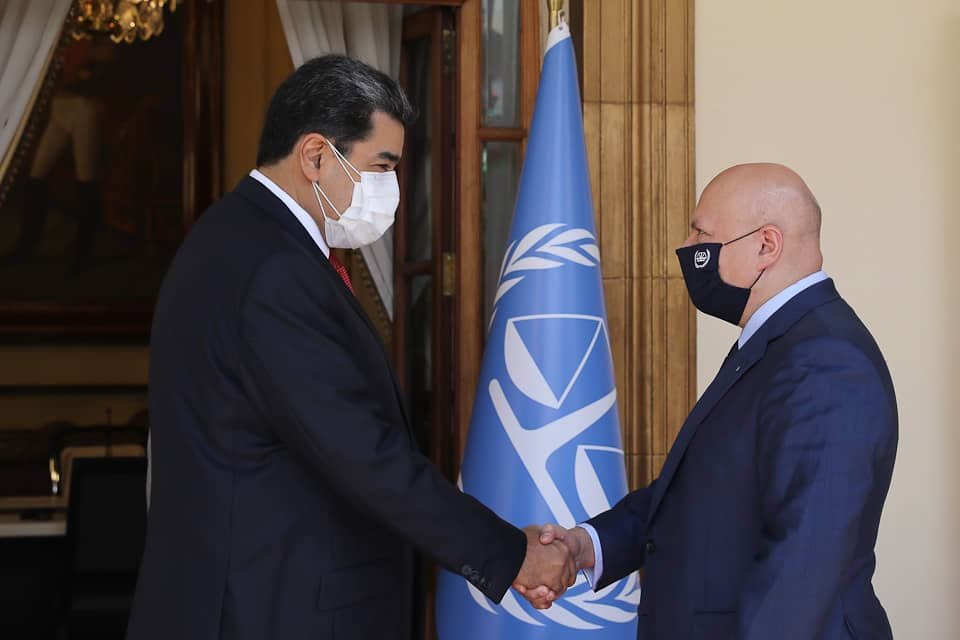
In November 2021, the prosecutor of the International Criminal Court visited Venezuela and reported the start of an investigation for alleged crimes against humanity. Photo: Twitter Nicolás Maduro
Provea’s general coordinator also considers that only solvent countries in terms of respect for human dignity should form this type of protection organizations. “So countries with bad behavior like Venezuela are going to have less and less incidence in the decision-making of these entities.”
Uzcátegui recalls that being a “country that violates human rights” has consequences and, therefore, “Venezuela’s main mechanisms of diplomatic pressure will be maintained, these being the main retaining wall that the Venezuelan population has.”
Post Views:
29
